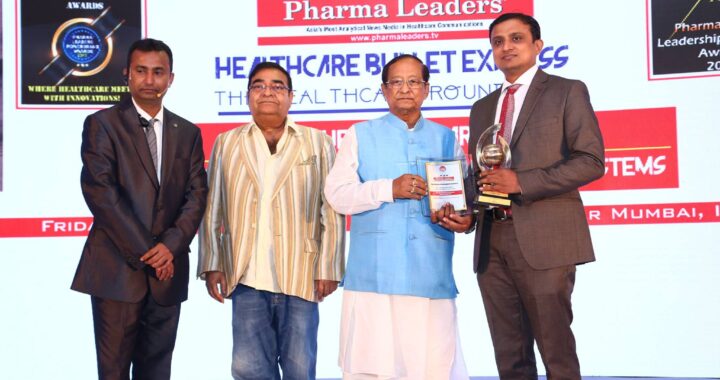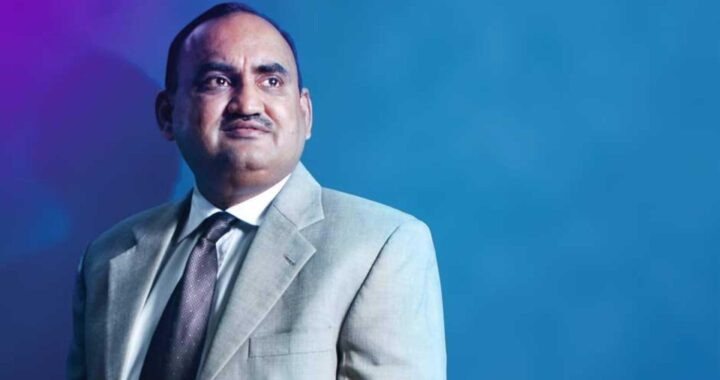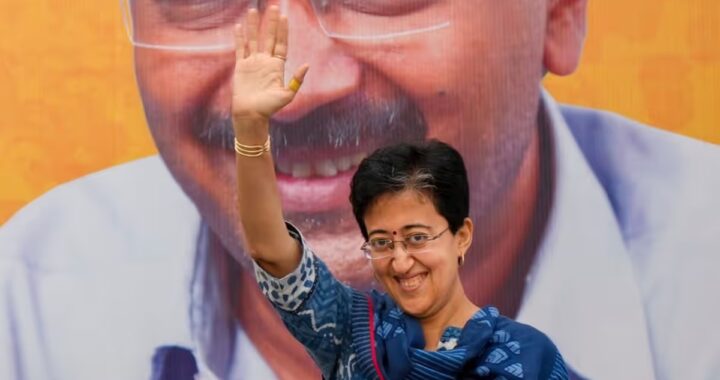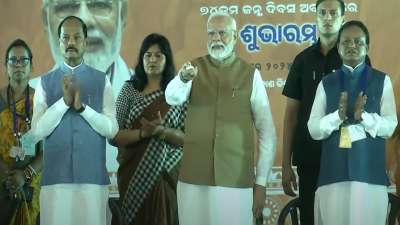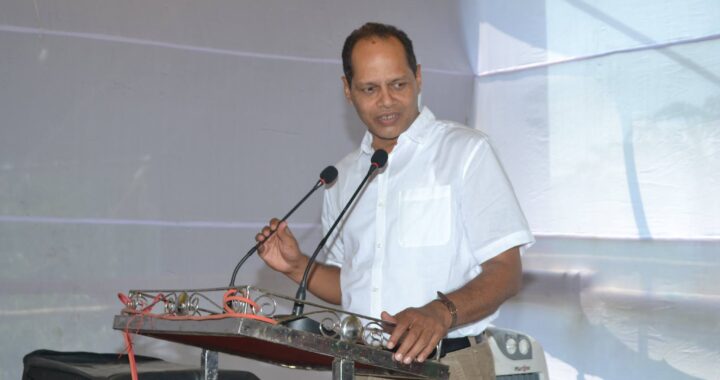Where is the probity & independence of the top court, the Supreme Court of India when Chief Justice Ranjan Gogoi is accused?
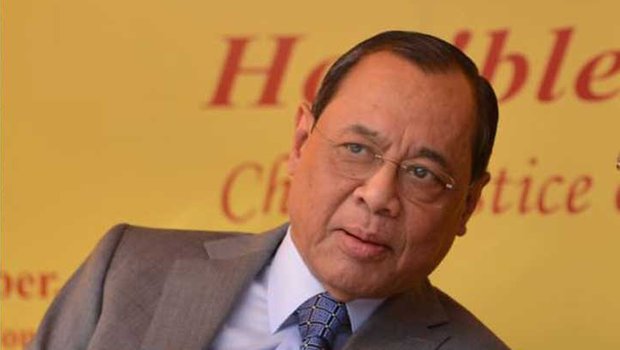
“Whether you like it or not, My Lords, you have seriously eroded the independence of the judiciary from within by such acts. It does not need outsiders to do it, it seems”
Speaking for the Gauhati High Court in 2006, Justice Ranjan Gogoi said in the matter of Ganesh Electric Stores vs. State of Assam & Ors: “Law will reach its most glorious moment when ‘men’ can be made wholly free from the shackles of arbitrary and despotic power, however subtle the exercise of such power may be…However, over the years, two basic principles have been recognised as fundamental in the doctrine of natural justice. The first is ‘nemo judex in causa sua’, that is, ‘no man shall be a judge in his own case’; the second is ‘audi altarem partem’, that is, ‘hear the other side’.”
In 2018, speaking for the Supreme Court of India in Lok Prahari v. State of U.P. & Ors., Justice Gogoi recognised the seven principles of public life in the report by Lord Nolan and recapitulated them as “Selflessness, Integrity, Objectivity, Accountability, Openness, Honesty, and Leadership.”
Disturbing development
But what happened in the Supreme Court of India on the morning of Saturday is just the opposite. The constitution of the bench, of course in the exercise of the power of the Master of the Rolls, Chief Justice Gogoi himself styling it as ‘a matter of great importance touching upon the Independence of Judiciary’, and permitting mention by the Solicitor General are all acts done by the CJI contrary to ‘nemo judex in causa sua’.
The proceedings of the court, or rather the Bench, are even more disturbing. There was no cause, no matter, no petition, and no reason for the court to take upon itself the perceived duty to protect its reputation.
More puzzling
The order issued thereon is even more puzzling. If the Bench comprised three judges, how in God’s name did the order come to be issued in the name of only two judges? Was it to get over the salutary principle referred above? Surely it could not have been, after all that happened in the open court hearing.
Under no circumstances could and should the Supreme Court have done what it did on Saturday morning. It is an institution to uphold the majesty of law, not to undermine it. It is a temple of justice, not an instrument to cater injustice. It is the highest court of this great land to protect the basic human values and fundamental rights. It has to protect the most cherished of those rights, the freedom of speech and expression and protect the true guardians of democracy, the media. It has no power to stop them from doing their duty, much less to advise them “to show restraint, act responsibly as is expected from them and accordingly decide what should or should not be published as wild and scandalous allegations undermine and irreparably damage reputation and negate independence of Judiciary.” Saying that, the court kindly requests the media “to take off such material which is undesirable.”
Surely the Supreme Court of India does not have any advisory jurisdiction except on a Presidential Reference. In fact, time and again, judges are heard telling lawyers and litigants when requested to advise on what to do while matters are being dismissed: “it is no part of our function to advise you.”
The order so made has itself seriously damaged the reputation of the Supreme Court of India. Judges so concerned about the reputation of the court should have refrained from undertaking this slippery exercise.
My Lords, you have acted against every known judicial norm and practice. You have acted against your law which you have brilliantly and rightly declared over decades. Please remember, the law so declared binds Your Lordships too.
Government’s hand
The entire set of events seeks to overpower independent media and discourage reporting on a matter which I consider to be of a far greater ‘importance touching upon [the] survival of democracy.’ Involvement of the government through its top law officers to initiate the process when the government is the biggest litigant before the court (including in some cases like Rafale, and the CBI Director’s matter besides matters involving virtually all opposition leaders) is certainly objectionable and negates the court’s independence by itself.
In present times, the government and the party in power would like to muzzle whatever little independent media that is left out. So was the court right in allowing itself to be protected at the instance of a law officer? I don’t think so.
What is even sadder is that the Chief Justice of India has done what was objected to by four senior judges of the Supreme Court of India, including Justice Gogoi himself, on January 12, 2018, and that is constituting a bench in the most selective way (and that too on a Saturday morning, during holidays).
There have been repeated wrong moves in this regard by previous Chief Justices of India, and that too in their own ‘causes’. Whether you like it or not, My Lords, you have seriously eroded the independence of the judiciary from within by such acts. It does not need outsiders to do it, it seems.
Let me make one thing clear, citizens, including lawyers who stand up to defend the underdogs, respect the institution the most. They do nothing to damage its reputation. In fact, they help in building it by their own courage, which results in courageous judgments by the courts.
The judiciary comprises outstanding judges and its reputation remains intact despite odd judicial conduct from time to time. It does not need self-serving individuals or the government to enhance it. But then those good judges must also be aware that the institution belongs to all and each of those within it, judges and lawyers alike, must work to protect it from attacks from within. If they fail, the institution will fail, and it appears to be failing.
Public confidence
Remember what the Court said in the K. Veeraswami case: “The judiciary has no power of the purse or the sword. It survives only by public confidence and it is important to the stability of the society that the confidence of the public is not shaken.” What prompted the court to hold such an extraordinary hearing in more extraordinary fashion is a mystery. Surely, the court is not constituted by the framers of the Constitution to protect one of its own. It is not my purpose to go into allegations that have surfaced against the Chief Justice of India — I earnestly hope they are proved to be wrong upon fiercely independent inquiry. But that definitely is not the matter touching upon the judiciary, much less its independence or reputation. There can be no doubt that Saturday’s proceedings have shaken public confidence, and quite badly so.
(The author is a Senior Advocate and a former President of the Supreme Court Bar Association)
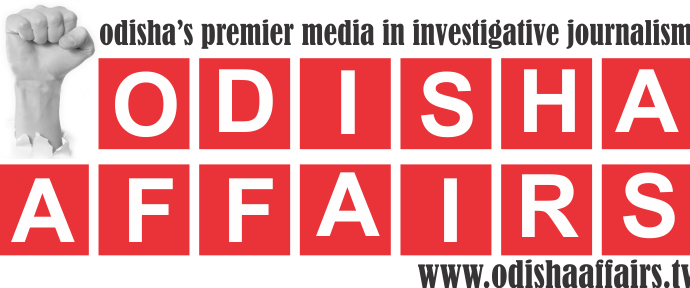
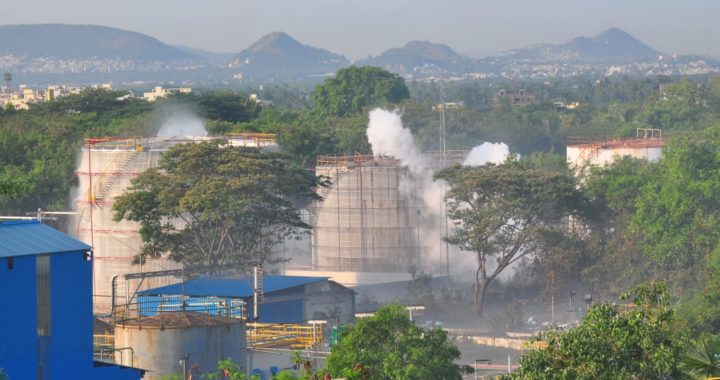 Vizag gas leak: Toll rises to 8, AP CM orders probe,CM Jagan closely monitoring gas leak incident.
Vizag gas leak: Toll rises to 8, AP CM orders probe,CM Jagan closely monitoring gas leak incident. 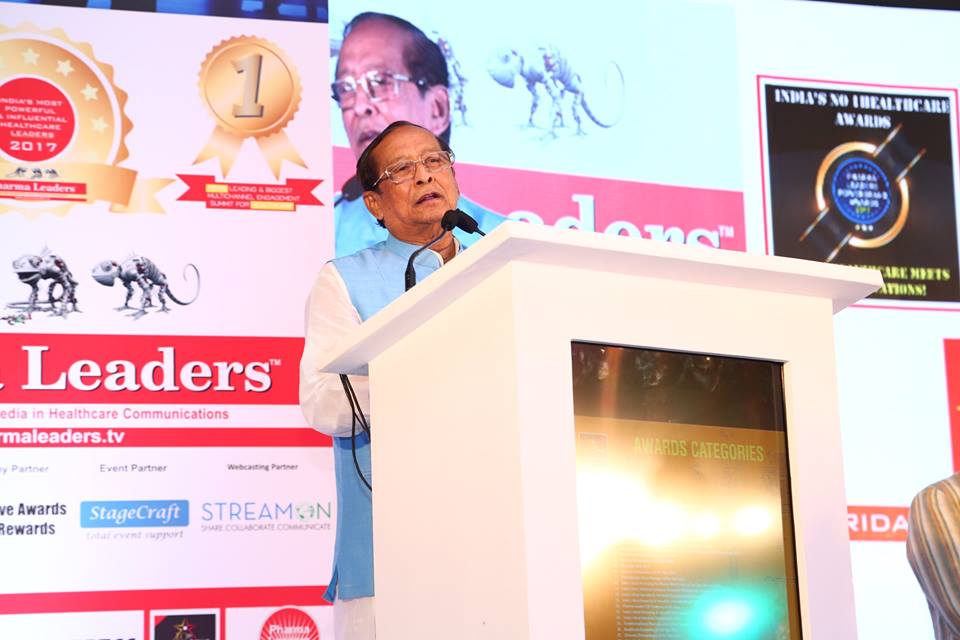 Odisha & Central Govt at war on subsidised rice
Odisha & Central Govt at war on subsidised rice 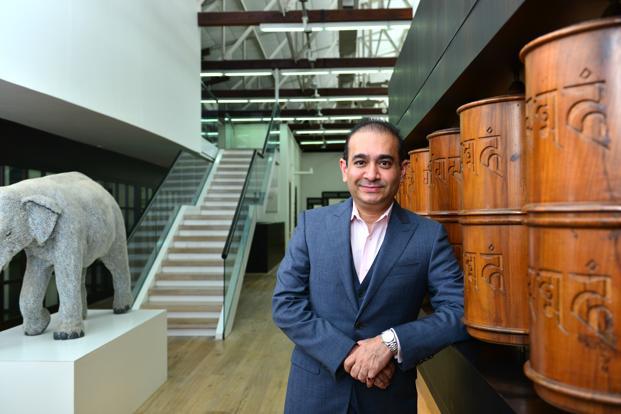 Nirav Modi may spell the doom for India’s second largest Public Sector Bank Punjab National Bank, loots $1.77 billion fraud!
Nirav Modi may spell the doom for India’s second largest Public Sector Bank Punjab National Bank, loots $1.77 billion fraud! 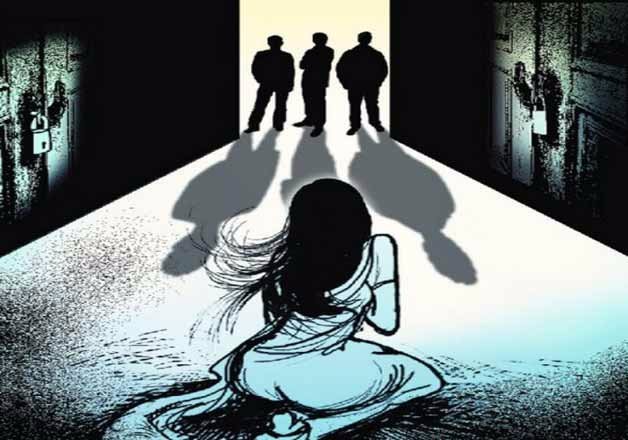 15 year old gang rape victim commits suicide and the Odisha government has a lot to answer
15 year old gang rape victim commits suicide and the Odisha government has a lot to answer 